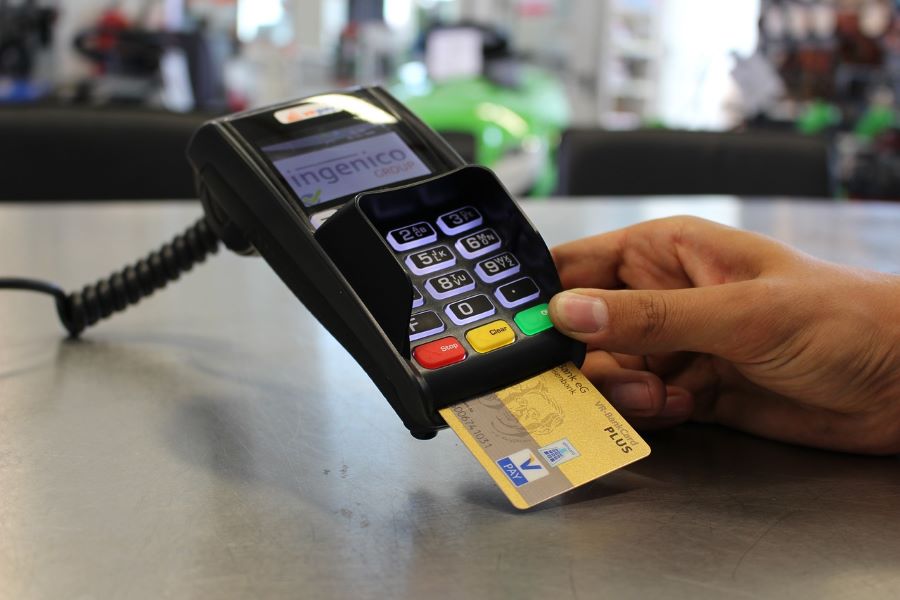The CIBIL report is an essential tool for financial institutions and individuals alike, providing a comprehensive overview of one’s credit history. One of the critical components of this report is the Days Past Due (DPD) metric. This blog will delve into what DPD is, its significance, and how it impacts your creditworthiness.
Want a new credit card for even more savings? Switch to the Airtel Axis Bank Credit Card by Airtel Finance from the Airtel Thanks app today! Get benefits such as low joining fees, low interest rates, relaxed eligibility criteria and much more.
What is Days Past Due (DPD)?
Days Past Due (DPD) is a crucial indicator within the Credit Information Bureau (India) Limited (CIBIL) report. It signifies the number of days a payment on a credit account—such as a loan or credit card—has been delayed beyond the due date. The DPD metric is recorded monthly and reflects an individual’s repayment behaviour.
For instance, if you have a loan instalment due on the 5th of every month and you pay it on the 15th, your DPD for that month would be 10. This value helps lenders assess how punctual you are with your debt repayments.
Read more: 5 ways to make the most of your credit card
The Importance of DPD in Your CIBIL Report
The DPD value is a critical factor in determining your credit score and overall creditworthiness. Here’s why it matters:
1. Indicator of Financial Discipline
A consistently low or zero DPD indicates that you are financially disciplined and manage your debt repayments effectively. Conversely, a high DPD suggests potential financial instability or poor financial management, raising red flags for potential lenders.
2. Impact on Credit Score
Your credit score, a three-digit number ranging from 300 to 900, is significantly influenced by your DPD. Timely payments help maintain a healthy credit score, whereas frequent delays can lead to a lower score. A lower credit score reduces your chances of securing loans or credit cards in the future.
3. Lender’s Perspective
Lenders use the DPD value to assess the risk associated with lending to you. A high DPD indicates a higher risk of default, leading to potential rejections of credit applications or the offering of credit at higher interest rates.
Read more: Features and benefits of Axis Bank Credit Cards
How to Interpret DPD in Your CIBIL Report
Understanding how to read and interpret the DPD section of your CIBIL report is crucial. The DPD is usually displayed in a grid format, with each cell representing a month. Here’s what you need to know:
1. Zero DPD
A “0” in the DPD column means that the payment for that month was made on time. This is the ideal scenario and positively impacts your credit score.
2. Number Indicating Days
Any number other than zero represents the number of days the payment is overdue. For example, a “30” indicates that the payment was delayed by 30 days.
3. Special Cases
The report may also show symbols like “XXX,” which means the data is not available, or “STD,” which stands for Standard, indicating payments are being made within 90 days of the due date, considered a standard practice.
Read more: How to avoid interest charges on a credit card?
Managing Your DPD to Maintain a Healthy Credit Score
Maintaining a low or zero DPD is essential for a good credit score. Here are some tips to manage your DPD effectively:
1. Timely Payments
Ensure all your credit repayments are made on or before the due date. Setting up automatic payments or reminders can help you stay on track.
2. Monitor Your Credit Report Regularly
Regularly reviewing your CIBIL report helps you stay aware of your DPD status and address any discrepancies immediately.
3. Plan Your Finances
Budgeting your expenses and maintaining a financial buffer can prevent missed payments. This is especially important if you have multiple credit accounts to manage.
FAQs About DPD in the CIBIL Report
Q1: How often is the DPD updated in the CIBIL report?
The DPD is updated monthly, reflecting the status of your payments for each credit account.
Q2: Can a high DPD be corrected in my CIBIL report?
Yes, if there are errors, you can raise a dispute with CIBIL. However, genuine delays will reflect on your report until they naturally age out.
Q3: How long does a high DPD stay on my report?
A high DPD can remain on your CIBIL report for up to seven years, impacting your credit score and lending prospects.
Q4: Does a single high DPD instance severely impact my credit score?
While a single instance may not drastically lower your score, repeated high DPD values can significantly damage your creditworthiness.
Q5: Can I get a loan with a high DPD?
Securing a loan with a high DPD is challenging. Lenders may view you as a high-risk borrower, leading to higher interest rates or outright rejections.
Understanding and managing your DPD is vital for maintaining a healthy credit profile. By being proactive and disciplined with your repayments, you can ensure a favourable credit score, making financial endeavours smoother and more accessible.


 Get App
Get App  Airtel Store
Airtel Store  Login
Login 



